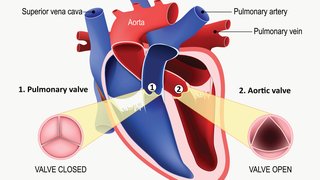
Increasingly, the public is aware of the importance of looking at quality metrics when choosing where to receive health care. High quality of care is important in all cases, but it is even more vital in high-risk procedures for conditions that are life threatening. Heart transplantation is one such example where there is considerable variation of outcome among the many programs throughout the region and, indeed, throughout the United States.
Recently, the Houston Chronicle published a report concerning outcomes at a medical center in Houston. Taking the Chronicle’s lead, D Magazine subsequently examined the survival outcomes among the three heart transplant programs in Dallas. I recommend all patients who are considering a heart transplant look at the magazine’s findings (spoiler alert: the unveiled data are cause for us at UT Southwestern to be very proud of our heart transplant program).
Honestly, it doesn’t surprise me that our survival metrics are numerically the best in the region. As we near our 30th anniversary as a program, our state-of-the-art approach is set up for exactly that kind of success and is based on:
- Compassionate care
- Breadth of expertise
- Collaborative relationships between different medical teams
- Leading-edge research studies focused on advanced heart failure and transplantation
- Stable leadership for many years
- The training of numerous transplant cardiologists, many of whom have dispersed across the country to other leading medical centers
Together, those factors are a recipe for success and are what allow us to deliver the best possible outcome to those with advanced heart failure who are considering or undergoing heart transplantation.











